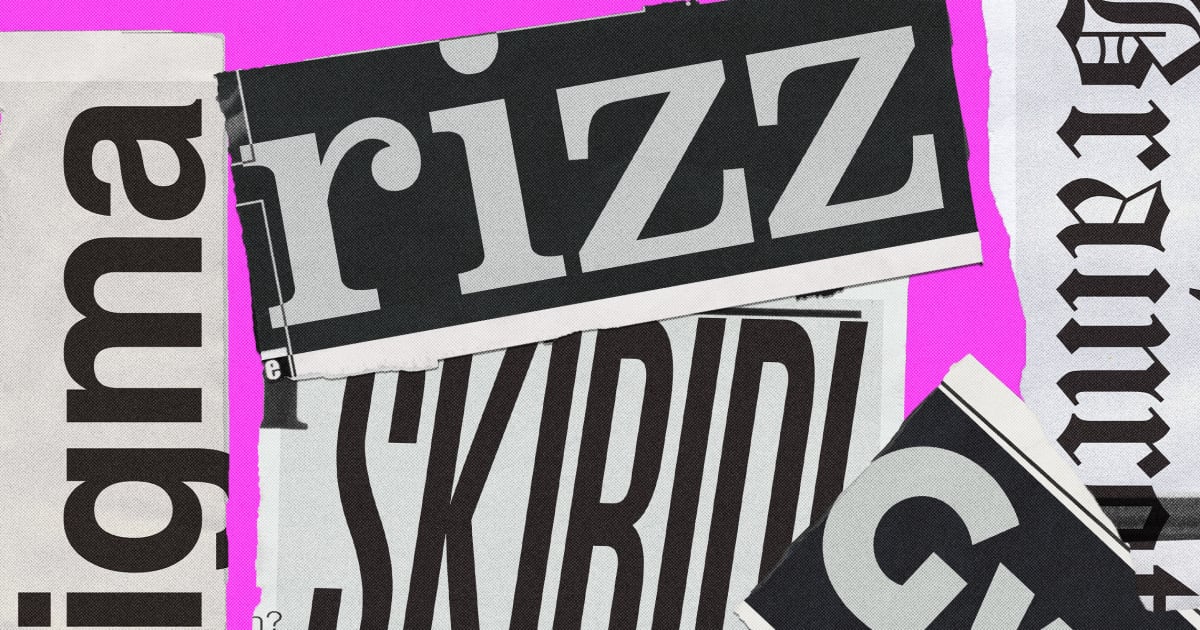Every generation has slang, but Gen Alpha’s has a particularly unhinged quality, some parents say. Still, experts say their bad rep isn’t totally deserved.
In the beginning, there was “skibidi.”
It appeared abruptly in the lexicons of kids under 14 — the first slang term unique to Generation Alpha. Parents’ ears perked up as they began to hear it around the dinner table. It could mean bad, cool, or nothing at all, their kids explained. Then a dozen more incomprehensible terms followed suit.
Gen Z’s “slay” and “tea” are officially vintage, giving way to “sigma,” “gyatt” and “fanum tax.”
Everyone’s getting whiplash.



As a Gen-Z, I feel this divide is the result of our gen growing up on the internet and Gen-Alpha growing up in the internet. Like culturally I feel Gen-Z still had roots to reality hidden behind layers of absurdism and abstraction. Gen-Alpha however feels like it’s generating new cultural landmarks with no connections to reality.
Like, skibidi was absurdist humor, which is now being covered by absurdist layers. It’s absurdism all the way down! It’s like some twisted form of enlightenment. To clarify I don’t say this in a necessarily negative light, I just think it’s interesting from the viewpoint of our species as a whole.
I know Gen-Z was experiencing a stage of wanting to assert real connections to the world against algorithmic forces, before covid that is, now I think we’re a little scattered again.
I wouldn’t worry too much about the ranting of an out-of-touch opinion writer caught in a moral panic.
They’re just annoyed that the world is changing around them. People have made the same complaint about literally every generation before.
I was thinking about this last night because I saw this meme and felt like it was very “boomer humor” which got me thinking about how humor has seemingly changed throughout the years.
It does seem absurdism is much more common nowadays, however it’s not just that either, there’s layers of nuance usually that makes it “deeper” as well.
Would be interesting to see a deep dive on how humor has evolved through the years aside from my biases. You make an interesting point about it being “no connections to reality” but I’m not sure it’s entirely correct.